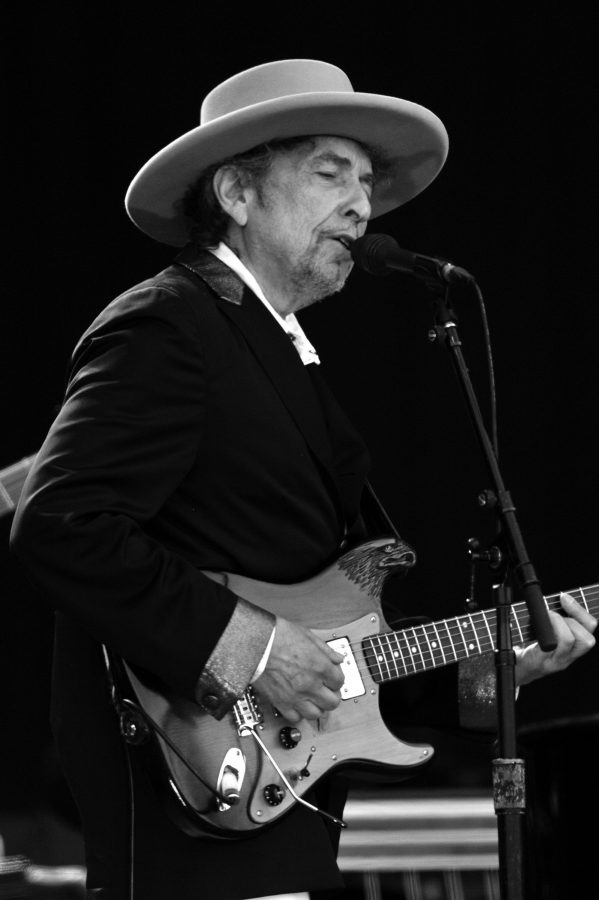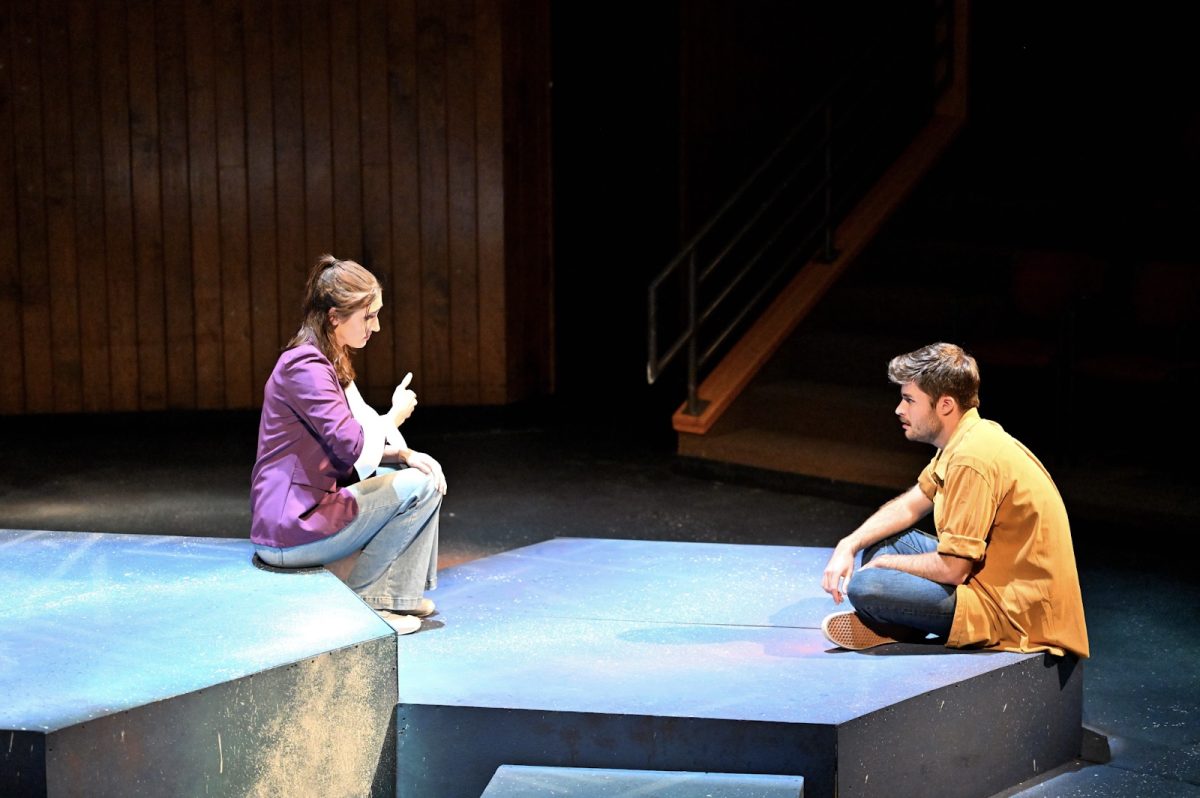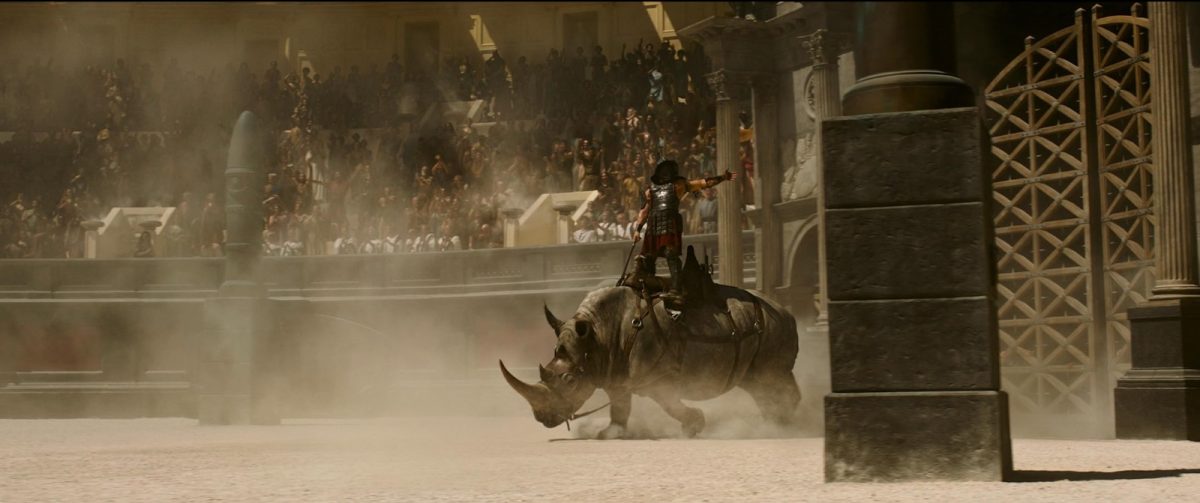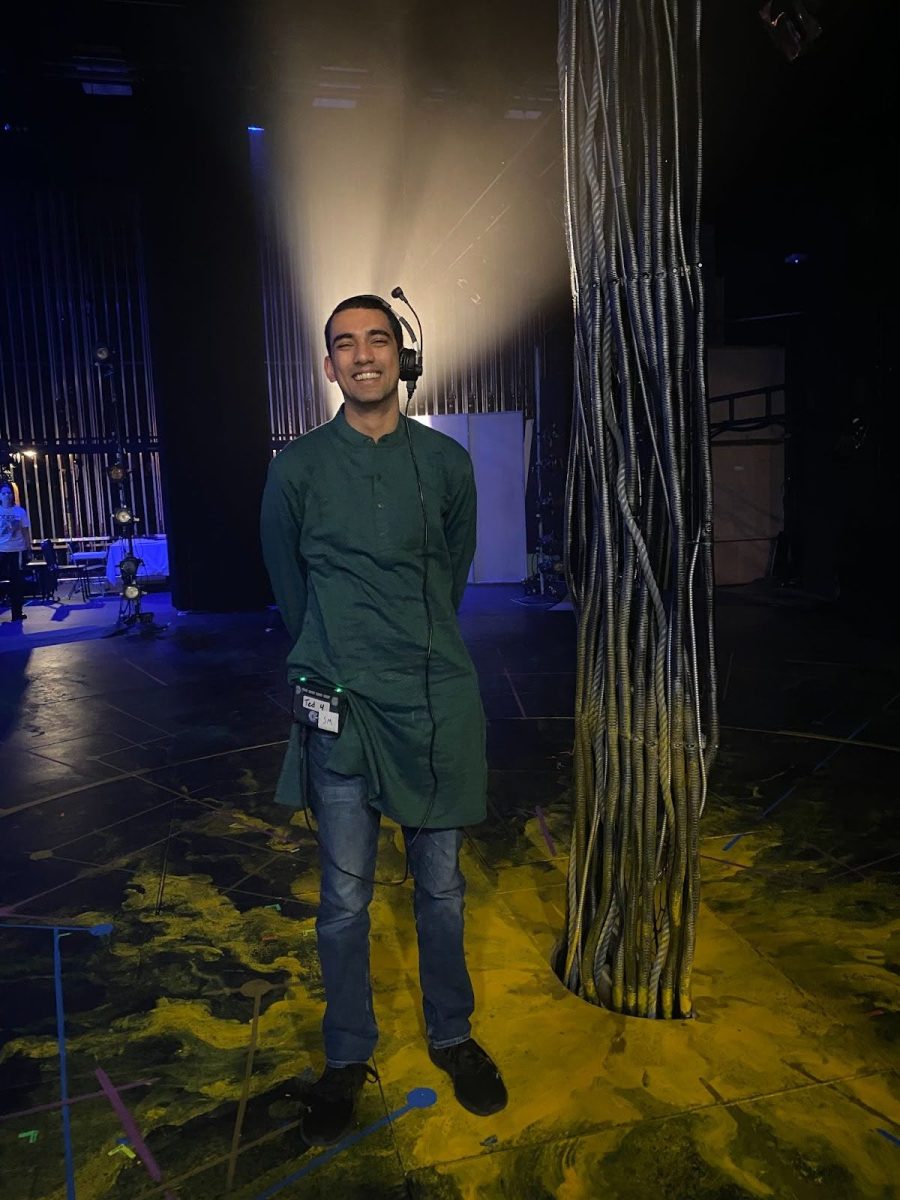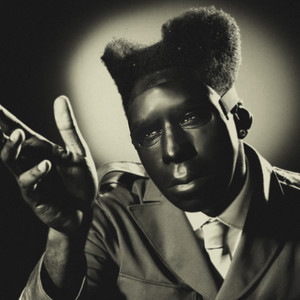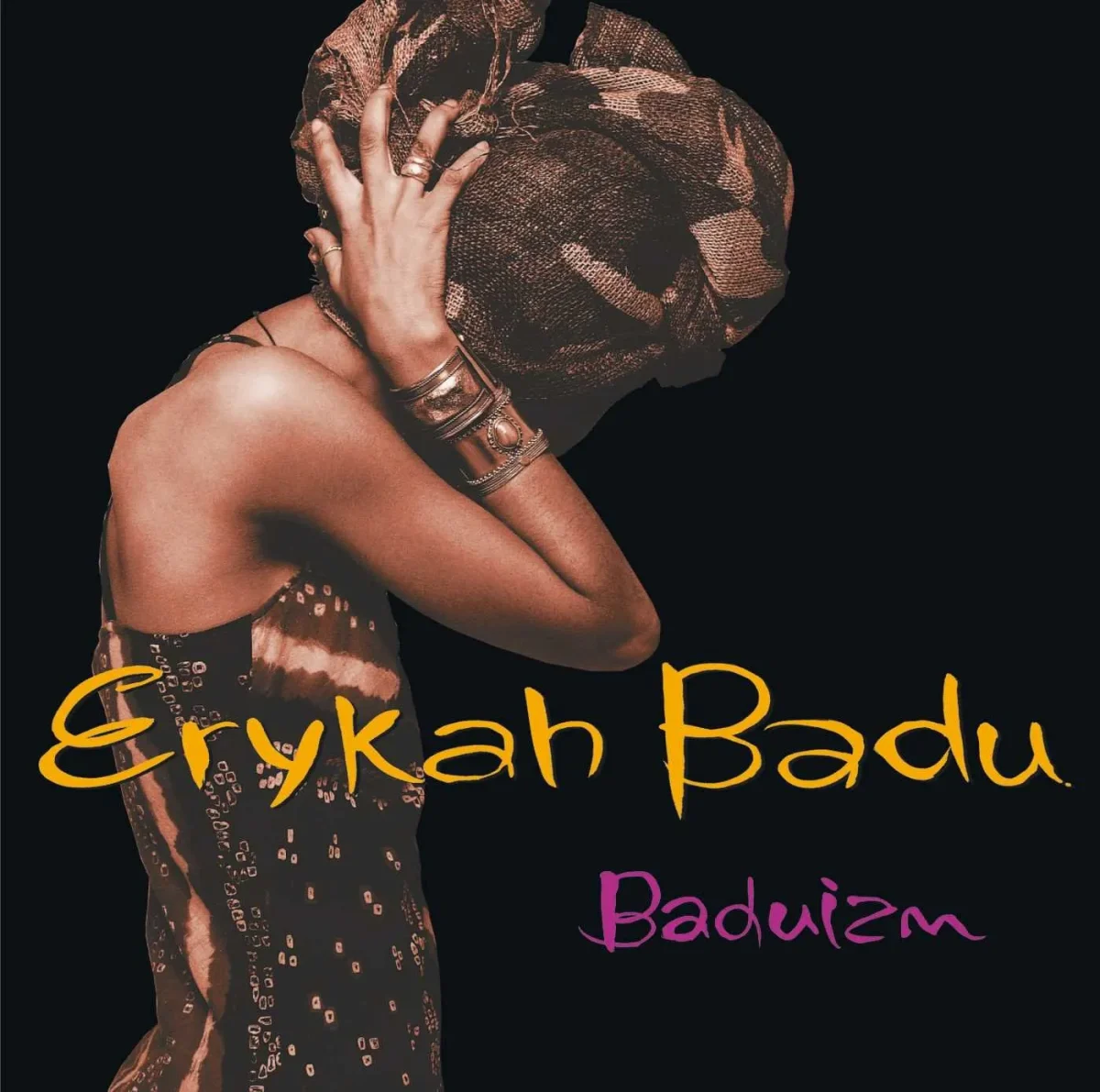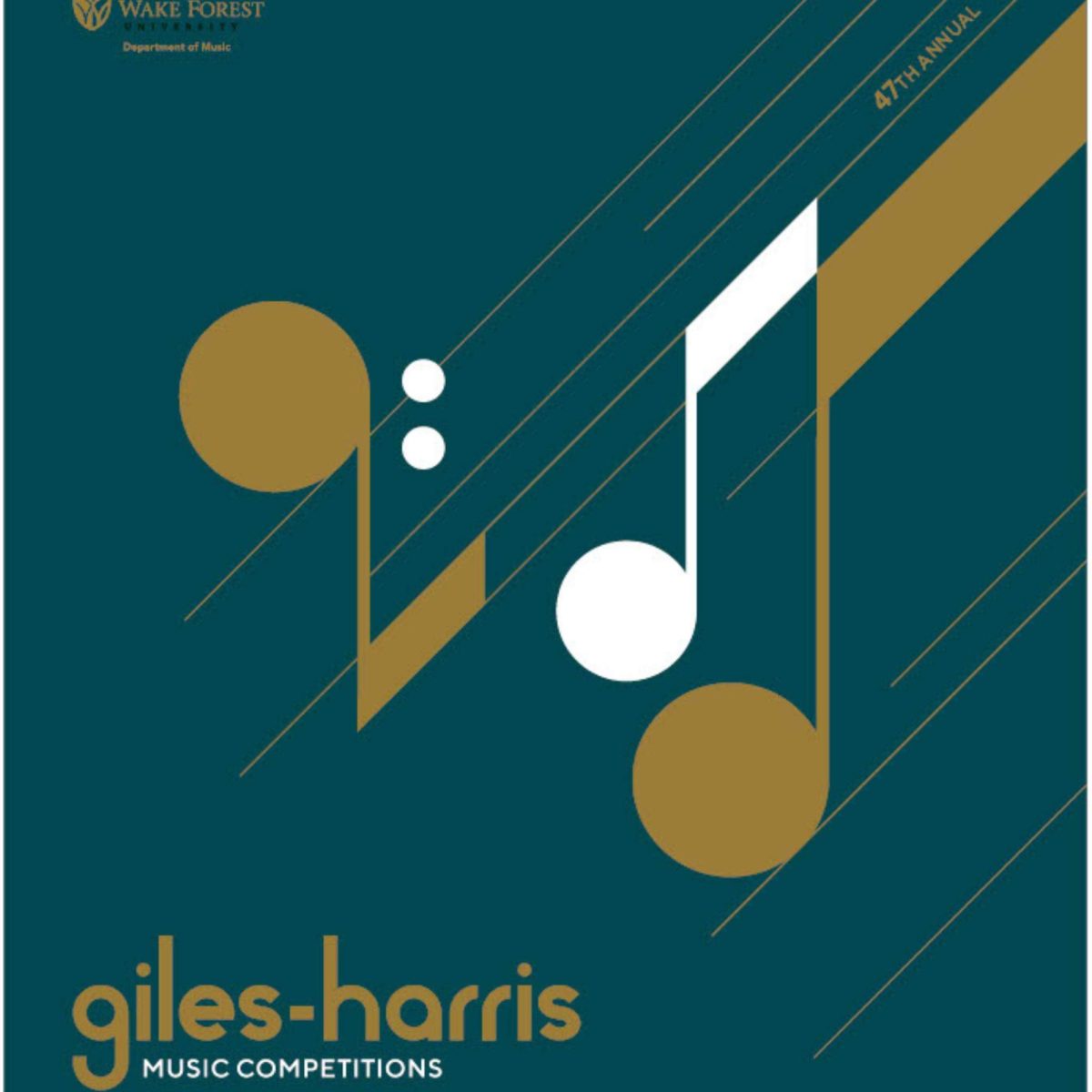Bob Dylan, a songwriter who gained fame in the 1960’s, was awarded the 2016 Nobel Prize in Literature — the first musician to receive such an award.
Dylan now joins writers such as Toni Morrison, Gabriel García Márquez, Pablo Neruda, John Steinbeck and Ernest Hemingway as Nobel laureates in literature.
As stated by Swedish Academy representatives, Dylan “created new poetic expressions within the great American song tradition.”
Known for his reclusiveness, Dylan was quiet for some time after the announcement came, stating that it took him time to “properly process it.” At the Nobel Prize Ceremony, Dylan’s speech was delivered by the American ambassador to Sweden and his “A Hard Rain’s A-Gonna Fall” was performed by Patti Smith, due to schedule conflicts.
When Dylan finally accepted his award earlier this month, he requested no media be present at the private ceremony. Dylan was extremely grateful to have been awarded such an honor, stating that it “is something I never could have imagined,” that he is “in very rare company,” and ended with a statement of gratitude.
“Not once have I ever had the time to ask myself, ‘Are my songs literature?’ So, I do thank the Swedish Academy, both for taking the time to consider that very question, and, ultimately, for providing such a wonderful answer. My best wishes to you all,” Dylan said.
However, some have questioned whether a musician should receive this award. Although much of early literature was meant to be sung, when Dylan’s songs are stripped of music, excellent poetry still remains.
Dylan wrote about a wide array of topics, having released over 30 albums over a 50-year career. Much of his most popular work came from the ‘60s, with his later songs being equally as deep, writing about social issues.
During this period, songs such as “Blowin’ in the Wind,” and “The Times They Are a-Changin” came out with lines like, “How many roads must a white dove sail, before she sleeps in the sand? / How many times must the cannon balls fly, before they’re forever banned? / The answer my friend, is blowin’ in the wind, the answer is blowin’ in the wind,” and “Don’t criticize what you can’t understand,” and “the line it is drawn, the curse it is cast / The slow one now will later be fast / As the present now, will later be past … for the times they are a-changin.’”
Through Dylan’s songs, there is a profound sense of wisdom. This is apparent in “It’s Alright, Ma (I’m Only Bleeding)” and “Don’t Think Twice, It’s All Right,” with aphorisms such as: “from the fool’s gold mouthpiece the hollow horn / plays wasted words, proves to warn / That he not busy being born is busy dying” and “I’m walkin’ down that long, lonesome road, babe / Where I’m bound, I can’t tell / But goodbye’s too good a word, gal / So I’ll just say fare thee well … But don’t think twice, it’s all right.”
Dylan has displayed his profound wit and creativity for years and in reading his lyrics with any detail, it becomes apparent that the Swedish Academy was justified in their decision. Musicians and writers alike will forever have Bob Dylan to thank for his innovativeness.


